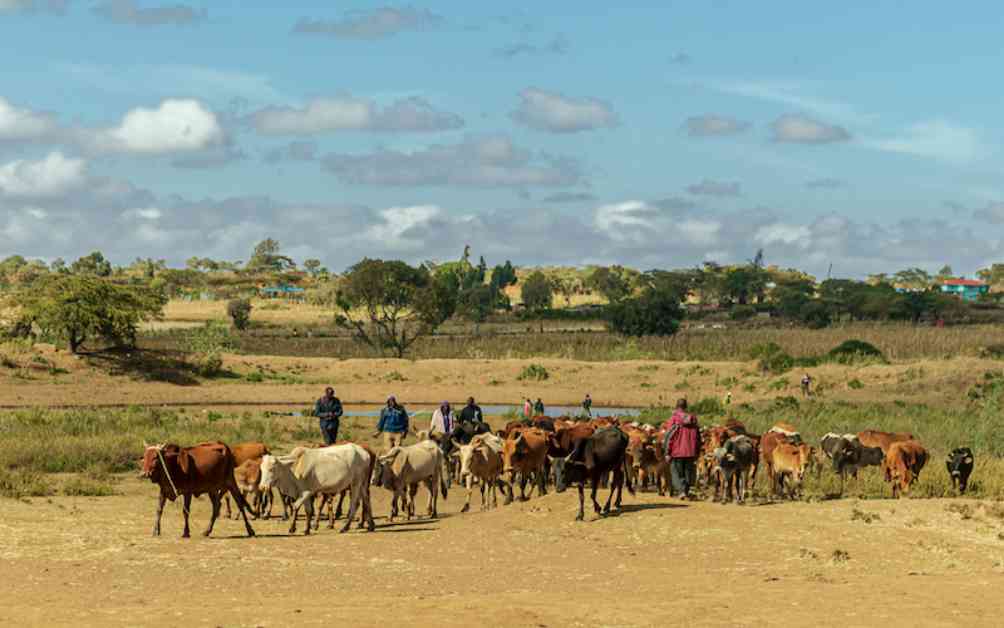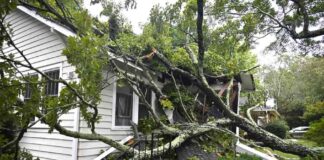Africa’s pastoralists face a myriad of challenges as they strive to preserve their way of life in the midst of escalating climate stress, conflicts, and land competition. The centuries-old practice of pastoralism, which sustains an estimated 200-300 million livestock herders in Africa, is at a critical crossroads.
The Vital Role of Pastoralists:
Pastoralists, who contribute 75% of the continent’s milk and half of its meat, play a crucial role in Africa’s economy. Despite their significant economic and environmental contributions, pastoralists often find themselves marginalized and overlooked by governments and policymakers.
Conflict Concerns:
Pastoralists, who traditionally move with their herds across vast distances in search of favorable grazing conditions, now face increasing competition for land from commercial farming, mining, urbanization, and conservation interests. This clash of interests has led to violent conflicts in countries like Nigeria, Mali, and Burkina Faso, resulting in thousands of deaths.
Climate Risks:
Climate change exacerbates the challenges faced by pastoralists, with persistent droughts, extreme temperatures, and erratic rainfall making it difficult for them to sustain their livelihoods. While climate change plays a role in these challenges, experts caution against oversimplifying the complex interplay of factors affecting pastoral communities.
Land Security and Governance:
Ensuring secure access to land and resources is crucial for pastoralists to withstand shocks and stresses. However, obtaining land rights and recognition remains a complex and challenging process in many parts of Africa. Governments must prioritize land governance and planning to support pastoralists in adapting to changing conditions.
The Way Forward:
Addressing the challenges facing pastoralists requires practical and immediate action, as waiting for a perfect solution may hinder progress. Raising the profile of pastoralists at national and international forums, such as the UN COP summit, is essential to ensuring their voices are heard in decision-making processes.
Recognizing the resilience and cultural significance of pastoralism is key to finding sustainable solutions to support these communities. By learning from pastoralists’ expertise and involving them in discussions on emerging threats like biodiversity loss and climate change, governments can harness their valuable insights to shape effective policies and interventions.
As we navigate the complexities of supporting pastoralists in a changing world, it is vital to acknowledge the enduring cultural identity and contributions of these communities. Pastoralism is not just a job; it is a way of life that has withstood the test of time and continues to shape the fabric of African societies.
In conclusion, the challenges facing pastoralists highlight the urgent need for collaborative efforts to safeguard this vital livelihood and ensure a sustainable future for generations to come. By recognizing the resilience and cultural significance of pastoralism, we can work towards creating greener pastures for all.
Adam Wentworth, a freelance writer based in Brighton, UK, emphasizes the importance of understanding and supporting Africa’s pastoral communities in overcoming the obstacles they face.














